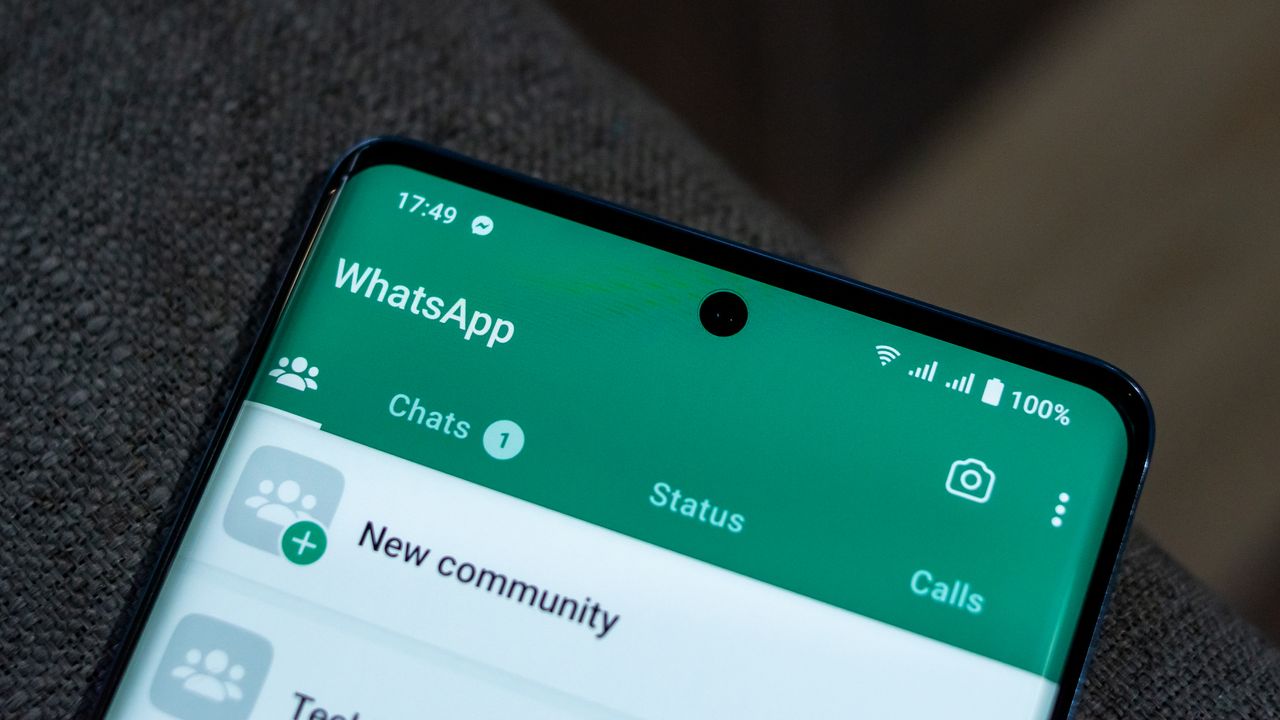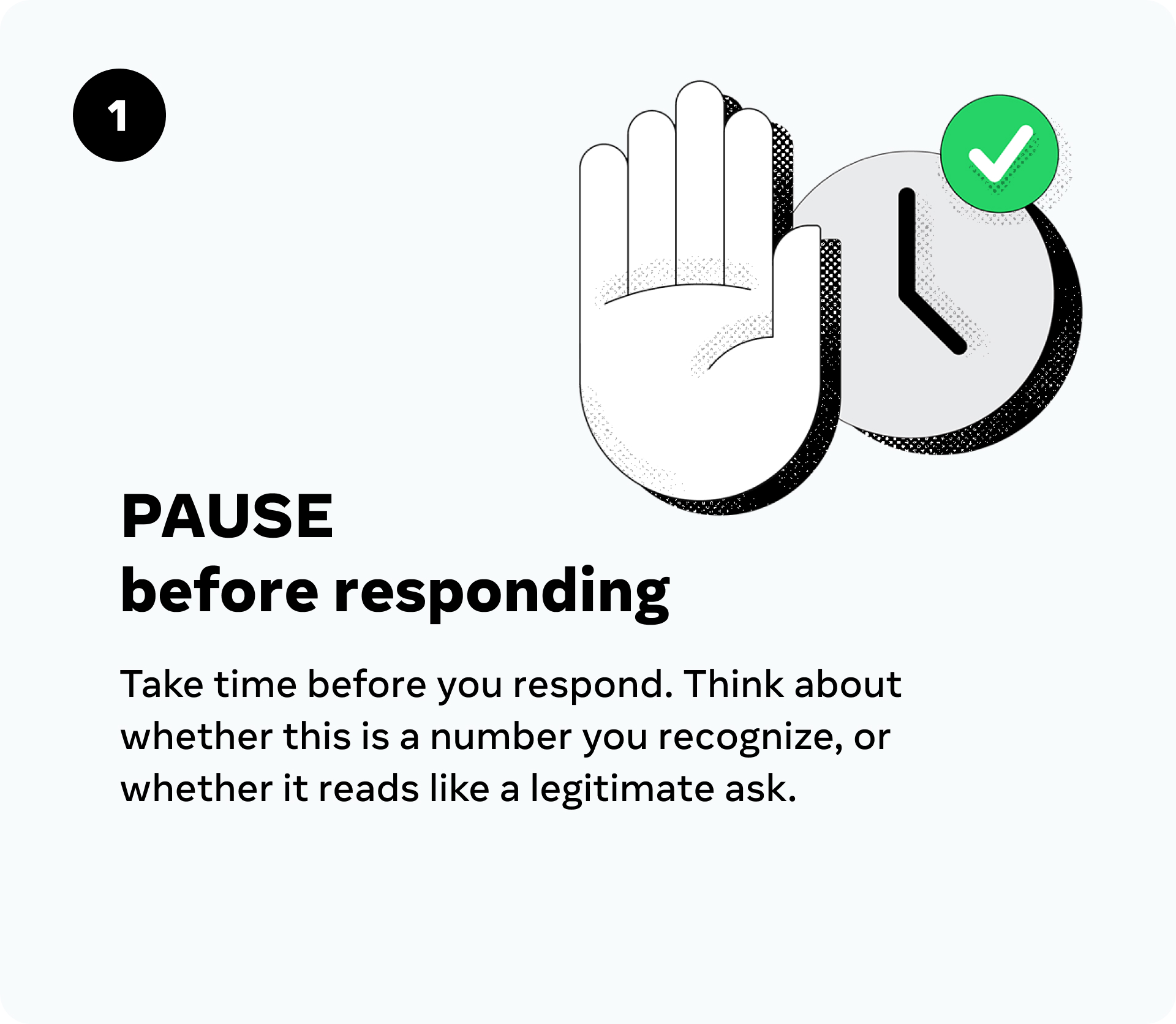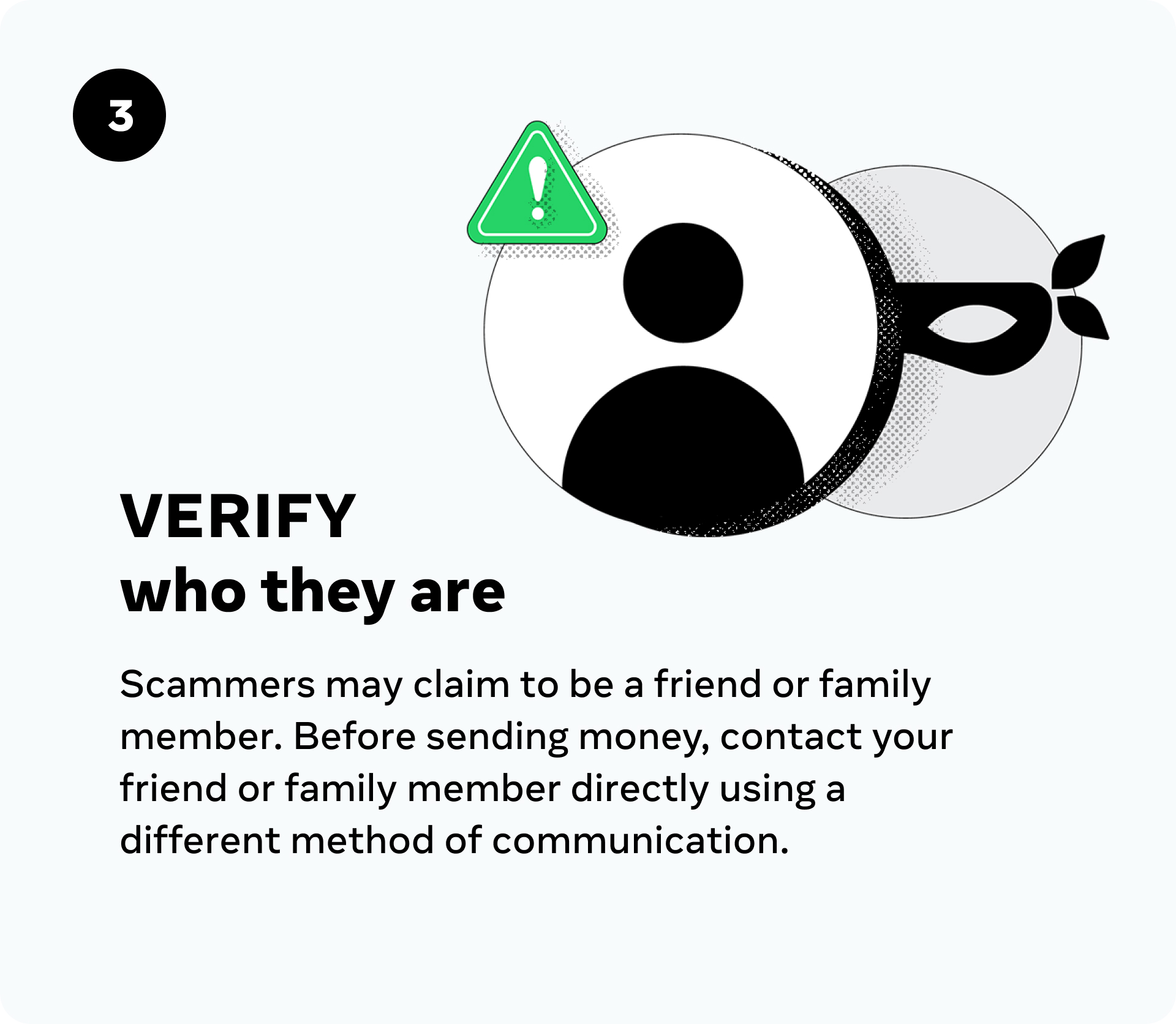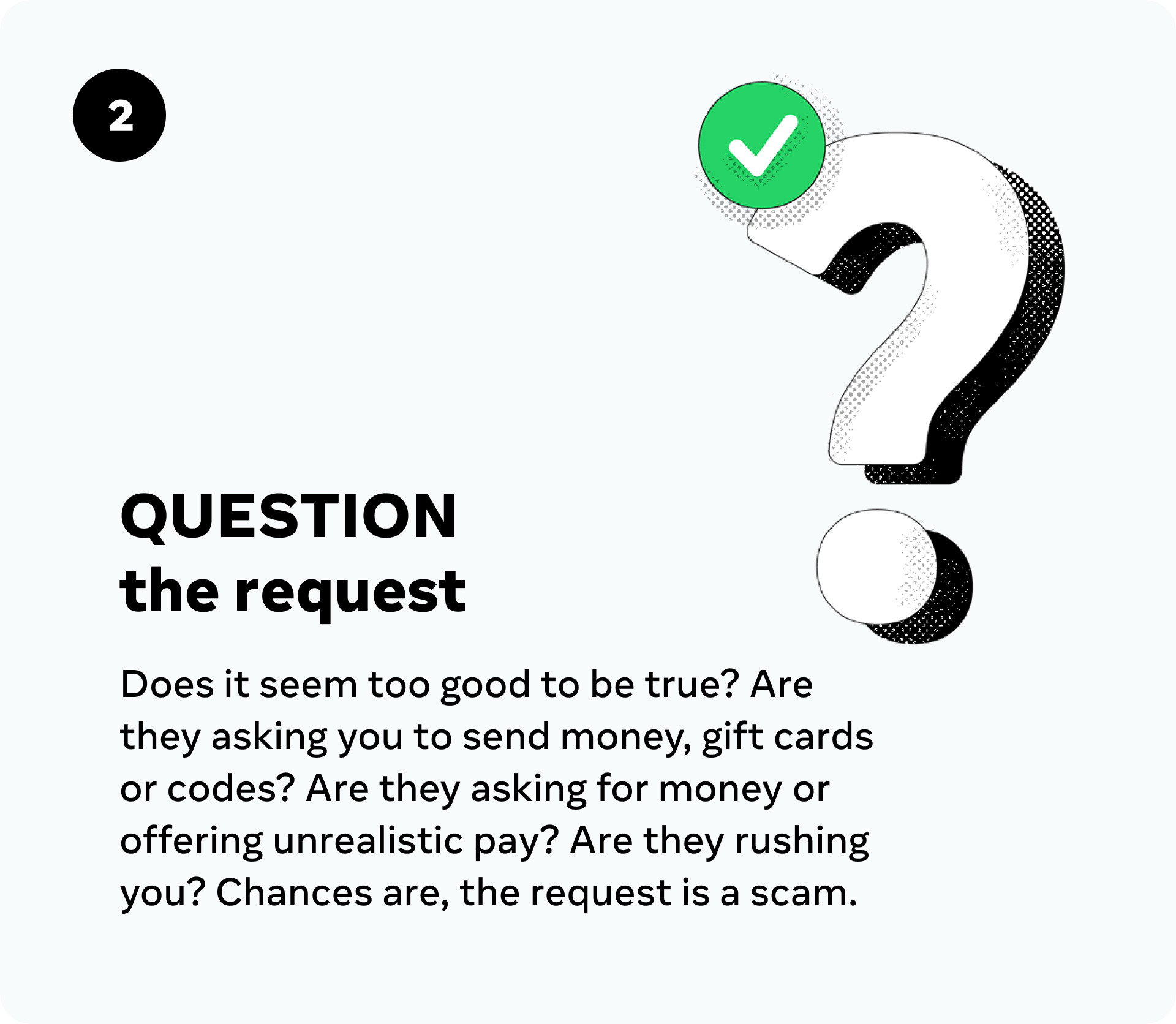
What you need to know
- New WhatsApp features are on the way to block shady invites, sketchy messages, and sneaky money-grab schemes.
- If someone you don’t know adds you to a group, WhatsApp now gives you a preview—who made it, how crowded it is—so you can decide if it’s worth staying.
- For one-on-one chats, WhatsApp’s testing alerts when someone outside your contacts slides into your DMs, giving you more context before you respond.
WhatsApp is rolling out some fresh tools to stay ahead of scammers who keep getting sneakier. The platform is tightening up its defenses against shady group invites, sketchy messages, and pyramid schemes disguised as quick cash gigs.
To tackle these threats, WhatsApp is experimenting with a feature that alerts you when a stranger drops you into a group. You’ll see key details, like who created the group and how many members are in it, before deciding whether to bail or stick around. Notifications stay muted until you confirm you want to stay.
For one-on-one chats, WhatsApp is also experimenting with warnings when messaging someone not in your contacts, adding extra context to help you decide if the conversation is legit.
Mass account purge
The Meta-owned platform says that in the first half of this year alone, WhatsApp booted over 6.8 million accounts linked to scam centers. Most of these are run by organized crime groups in Southeast Asia, often using forced labor. The cybercriminals are said to be using a mix of crypto bait, get-rich-quick schemes, and fake investment deals, all engineered to look just convincing enough to catch people off guard.
Scam campaigns now stretch across multiple platforms, sometimes all in one hit. A recent case linked to a scam center in Cambodia started with AI-generated messages created using ChatGPT, lured people into WhatsApp, and then quickly shuffled them off to Telegram and TikTok for bogus “paid” tasks. Victims were eventually asked to deposit money into a crypto wallet.
This kind of multi-app hopscotch isn’t random. It’s a deliberate strategy to stay under the radar by giving each platform only a tiny glimpse of what’s going on. It’s also one reason Meta, OpenAI, and other tech players are teaming up more often to share intelligence and cut off these scams before they snowball.



WhatsApp notes that scams usually start with something that seems harmless: a text, a job offer, maybe a DM about a lost package or unpaid bill.
The platform recommends taking a pause before replying to unfamiliar numbers, questioning any requests that sound urgent, and verifying who’s really on the other end. If someone says they’re a friend or relative, double-check using a contact method you already trust.







